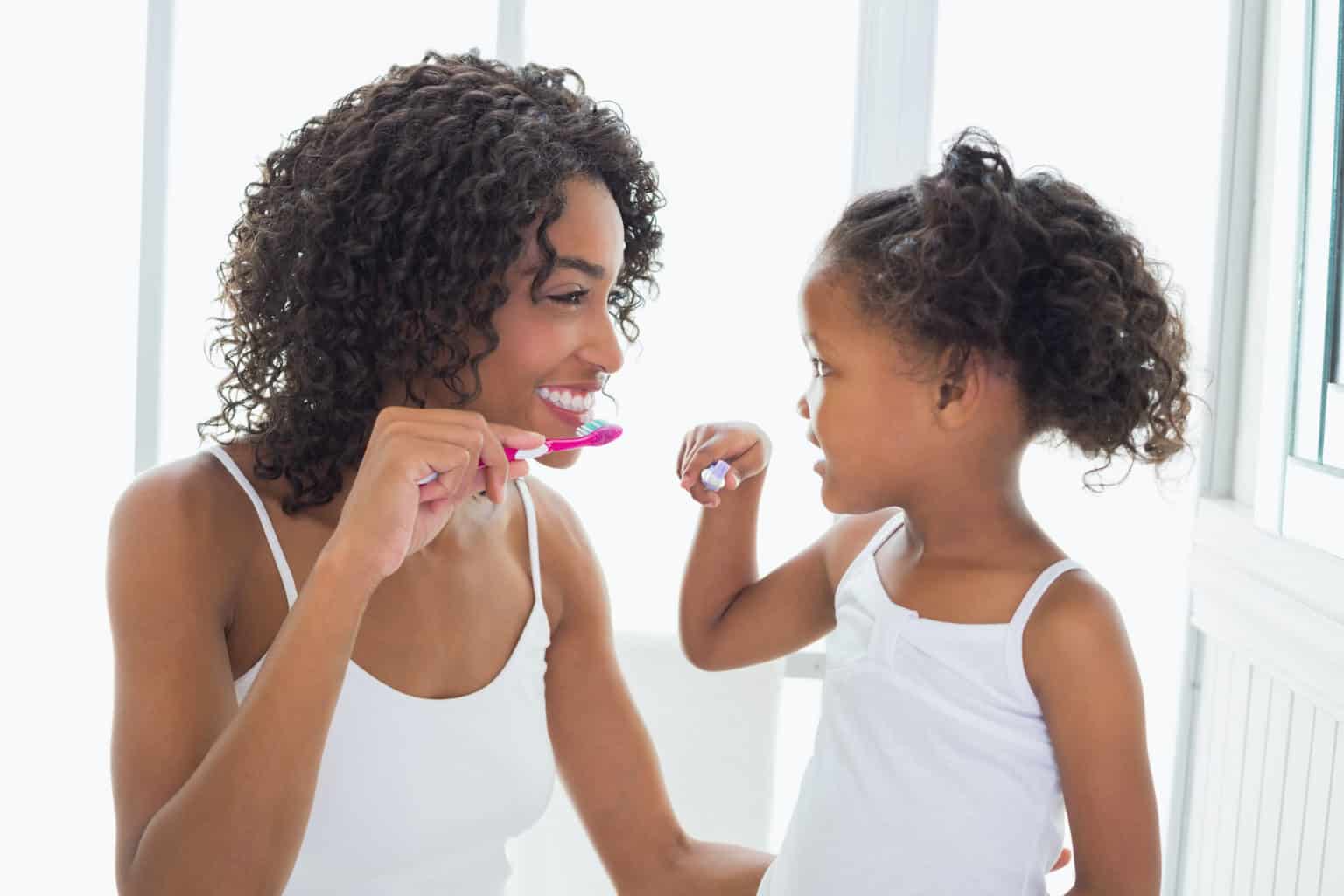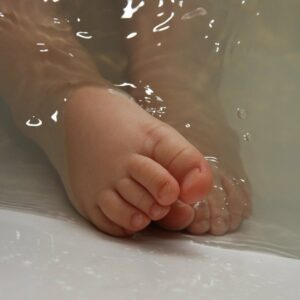Dental Hygiene Habits for Your Children

Do you know that babies\’ teeth are all completely formed and hidden in their gum before they are born? This means babies are born with their teeth complete.
Babies begin to erupt their teeth as early as four months old. Because healthy teeth come out of healthy gum, it becomes important to start oral care even before the first tooth comes out. This is because good oral care can prevent dental caries.
Dental caries, also known as cavities or tooth decay, are common diseases that affect infants and toddlers. This might be because many parents think that children will still lose their baby or milk teeth, and for that reason, tooth decay doesn\’t matter. Many don\’t know that dental caries in toddlers often has a lasting negative effect on permanent teeth that could cost a lot to correct. These cavities in children can cause problems which could affect a child\’s eating habit, speaking, and learning abilities.
What is Dental caries or cavities?
Dental caries is a disease that occurs in children between the ages of twelve months to three years. It occurs in the presence of the bacteria Streptococcus Mutans present in the mouth. This bacteria colonize the tooth surface, feed on the sugar and other carbohydrates present breaking them down to produce lactic acid and other acids.
This process results in the demineralization of the teeth. Usually, dental caries begins with the two front teeth known as the incisors and then proceed to the premolars.
What are the signs and diagnosis of dental caries?
- The first presentation of dental caries is white spots lesions, which show that demineralization under the enamel is taking place. This stage of caries is reversible.
- Some children show signs of toothache and sensitivity to extreme temperature while others are asymptomatic and go further to present worsening caries progression.
- As demineralization progresses and becomes irreversible, loss of tooth shape and contour occurs.
- Pulpitis and tooth loss occurs.
- Further damages like periodontal, periapical, and alveolar abscesses, gingivitis, and suppurative odontogenic infections, causing headaches, and facial pains, can occur.
How should you maintain dental hygiene for infants?
- Use a clean and soft washcloth dedicated to only her mouth to wipe clean your baby\’s gum after every feeding. If this isn\’t possible, rub the gum every morning and evening before bedtime.
- The moment your baby brings out her first teeth, begin to brush it twice daily with fluoride toothpaste, not more than the size of a grain of rice.
- Avoid your baby sucking long on the feeding bottle or sleeping off with the bottle in the mouth. Take the bottle away the moment your baby finishes drinking from it.
- It is necessary to schedule your child\’s first appointment with the dentist before the first birthday or as soon as the first tooth erupts. The dentist will evaluate the baby to prevent or stop any abnormalities.
- If your baby falls and breaks a tooth or breaks the gum, clean the gum with warm water and salt and take the baby to see the dentist. This is to prevent infection that could lead to caries and other mouth diseases.
How should you maintain oral hygiene for toddlers?
Children\’s primary teeth are complete by the age of three and start falling off by the age of six for the permanent teeth to come out, which is almost complete by thirteen years.
- Apply a pea-sized toothpaste that contains fluoride to a toothbrush with soft bristles to brush your child\’s mouth.
- Brush your child\’s mouth twice a day and make sure she spits out the paste.
- From the age of three, you should start flossing for your child.
- Visit the dentist every six months.
- Change the toothbrush every three months.
How to get your child interested in brushing
- Make brushing time a fun time and playtime.
- Play her favorite songs and cartoon to encourage brushing
- When your child wants to brush by herself, allow her and guide her through it.
- Tell your toddler the benefits of brushing regularly.
- Get her toothbrush with interesting cartoon characters, especially if you can get the cartoon she likes with soft bristles.
- Let your child see you brushing and, when possible, brush together.
- Offer your child her favorite snack or a gift for brushing her teeth.
- Put a timer to ensure you brush your child\’s mouth for two minutes or more.
Why does your child need fluoride toothpaste?
Fluoride is an essential mineral to maintain healthy teeth. Fluoride is known to reduce cavities both in primary and permanent teeth. It also makes strong teeth. Fluoride can be obtained from drinking water and toothpaste containing fluoride. But in the case a child is found to be deficient in fluoride, she may need to take oral fluoride supplement, which is to be prescribed and recommended by the dentist. Note that excess fluoride isn\’t beneficial for your child because it can cause teeth stains. Be careful not to allow your child to swallow fluoride toothpaste or mouthwash.
What should you ask the dentist?
- The type of toothbrush best for your child
- The safety of the use of mouthwash by your baby
- The role of fluoride supplement and if your baby needs it
- How often your child\’s dental appointment should be in a year
- How safe dental x-rays are for your child.







